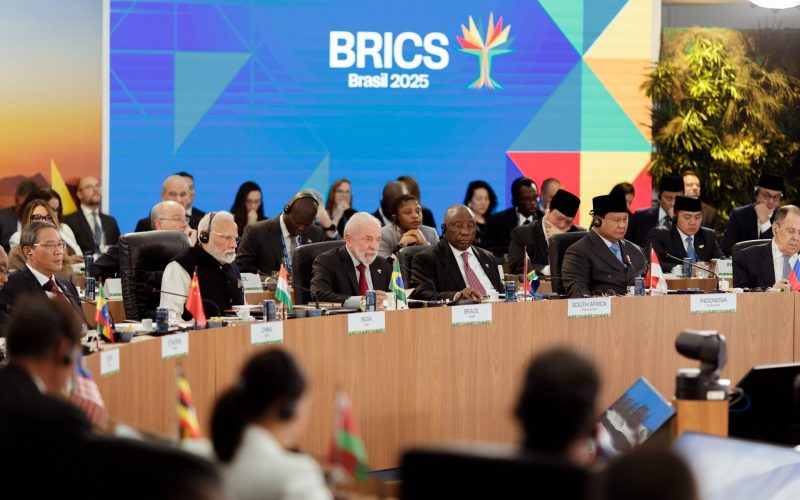The regulation of foreign investment through bilateral investment treaties started in 1959 when Germany entered into such a treaty with Pakistan. This was generally in response to the decolonisation processes that were taking place in most of the developing world. Colonialism had been used to protect foreign investments, as the colonial powers’ laws applied in the colonies. South Africa was a latecomer to the bilateral investment treaty regime due to its isolation during the apartheid era. The negotiations for a democratic South Africa led to a laudable constitution which, besides entrenching civil liberties, also encumbered the post-apartheid state with the duty to take measures to redress apartheid-induced inequalities. South Africa, however, did not reflect this mandate in the bilateral investment treaties it entered into with capital-exporting countries post-1994. The South African government has found bilateral investment treaties to be a stumbling block to its developmental ambitions and obligations to effect black economic empowerment policies. The country therefore decided to review its bilateral investment treaty framework and ultimately terminate it and replace it with domestic legislation in the form of the Promotion and Protection of Investment Bill of 2014.
South Africa’s investment partners and foreign investors are alarmed by this decision because the change in policy is accompanied by a general shift in approach to proprietary rights, reflective of predatory state tendencies. South Africa could avoid this negative signalling by joining the international community in negotiating third-generation investment agreements wherein it can preserve its regulatory space. Any efforts to redress apartheid-induced legacies would have a sympathetic global audience, which could translate to diplomatic capital that South Africa could use to push for an international investment regulatory framework more sensitive to domestic regulatory imperatives. South Africa should not be seen to be taking a ‘lone ranger’ approach when there is a general movement in the international investment community towards collective reform of the system.
Related research
Click here for a feature on Foreign Direct Investment in Southern Africa.








